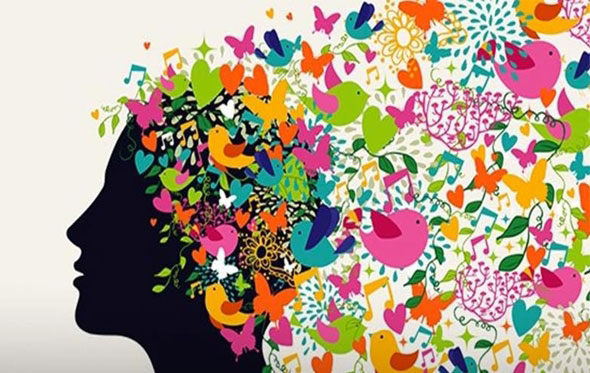Affection versus Rejection
From a child's perspective, affection manifests as warmth, attention, and consistent care, drawing them in with a sense of security and belonging. Children are attracted to positive reinforcement, gentle touch, and genuine interest in their thoughts and feelings. On the other hand, rejection, characterized by neglect, harsh criticism, or emotional unavailability, creates confusion and distress, pushing them away. This disconnect can lead to behavioral issues and a sense of inadequacy. Love, therefore, acts as the best medicine, fostering healthy emotional development and resilience. By nurturing a child's need for affection, we lay the foundation for their overall well-being and future relationships. From a child's perspective, affection is a powerful force that nurtures their emotional and psychological growth. When parents or caregivers provide consistent love, attention, and positive reinforcement, children feel valued and secure. Simple acts such as hugs, listening acti...

